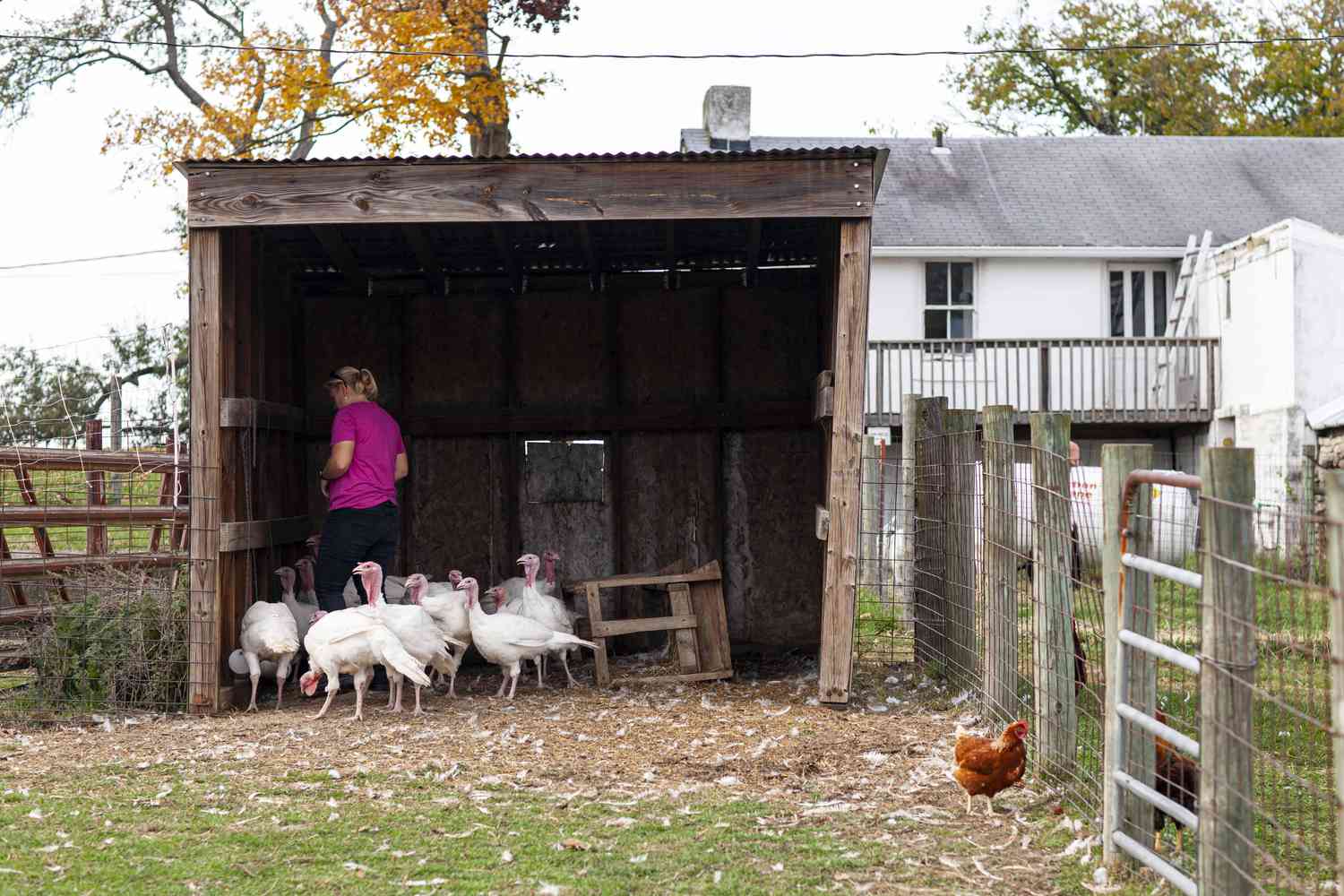If you are curious about where to start with raising small farm animals on a hobby farm or homestead, here are a few suggestions. There are a number of breeds that are nicely suited to smaller spaces, and the following information about them can help you to decide which are the right fit.
Note: Selling meat and dairy products usually requires that a farm be licensed and meet the requirements of its locale. If you are planning to farm for income, find out the requirements before buying the animals.
Chickens
Chickens are a terrific introduction to small farm animals. They’re hardy, easy to take care of, and don’t cost much in terms of setup. A small flock can easily produce enough eggs to meet all of a family’s egg requirements, and a flock of a few dozen can generate a nice little egg business.
Hens eat food scraps and provide great compost for the garden. On the downside, they’re a free chicken dinner for every predator out there, so you’ll need to keep them safe and secure to prevent losses. They also generate plenty of waste, so be sure you have a system in place for dealing with that.
Honeybees
Honeybees are a different sort of small farm animal, but they are domesticated for honey production and crop pollination. They can be a great choice for a hobby farm, especially if beekeeping appeals to you. Honey crops can be abundant and delicious, and you can harvest beeswax for lip balm, candles, and other products.
Bees help pollinate your crops and those of your neighbors. They cost a good bit to start up, and while they don’t require a lot of hands-on care in terms of sheer hours, they do require timely care and attention. This process takes a while to get the hang of. Reach out to local beekeepers for guidance on keeping bees in your particular area.
Goats
Goats are hardy, useful animals that can browse stands of small trees and shrubs, clearing land for you. They’re adaptable to poor pastures, and they produce an average of three quarts of milk per day. If your family can’t drink that much, you can make and sell cheese or feed the milk to other farm animals. On the downside, goats require strong fencing, as they are natural escape artists.
Look into getting a Pygmy goat, mini Alpine goat, or Nigerian dwarf goat if you want an even smaller animal. Pygmies are social creatures, however, that do better in herds, so be sure you have room for them.
Sheep
Sheep deliver meat, milk, or wool, depending on your needs and the breed of sheep. To raise sheep, they require good pasture and protection from predators so they should be kept near the house. The milk of sheep is superior to goat’s milk for making cheese. There are several breeds of sheep suitable for small farms. The one that is right for depends on your plans for the sheep.
Turkeys
Like chickens, turkeys are pretty easy keeping. They can be a bit difficult to raise from poults, but once they are established, they do well. The market for Thanksgiving turkeys is a big one, making them a great value-added product for a small farmer.
Ducks
Marcus Sinhalage / Getty Images
Pekin ducks are considered easy to raise and lovely animals to have around. All they need is a small house and access to water (a pond is ideal, but a kiddie pool can work). They’ll forage in the garden without wrecking plants or scratching the ground as chickens do. They are smart and thrive on routine, but this can make it difficult for them to establish new habits. Once grown, they provide large eggs and meat.
Rabbits
Rabbits require a small barn with a dirt floor, pens, and feeders, but they pay off in meat and (with some breeds, like Angora) fur. They also produce great fertilizer for the garden. Rabbits are relatively easy-to-handle animals, but they require regular care, and their specific needs must be met. The U.S. market for rabbit meat is small compared to the European market. To get the meat or fur, you have to kill the animals, which may be a big turn-off for you.
Pigs
Ian Murdoch / Getty Images
Pigs may be large animals, but they don’t require large spaces in which to grow—just a spacious pen that’s sturdily fenced to avoid escapes. They’ll eat pretty much anything you feed them, so they’re a good way to get rid of food scraps and weeds. Pigs need adequate room to root and wallow, and if you’re able to move their pen around to fresh pasture, you’ll have less mess accumulating in one spot and lower food costs in they’re able to forage.
